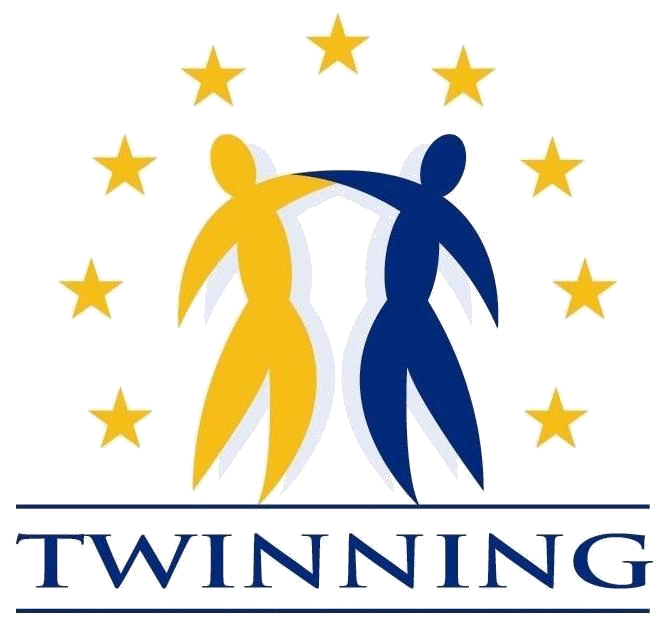
Twinning is a European Commission initiative that was originally designed to help candidate countries acquire the necessary skills and experience to adopt, implement and enforce EU legislation. Since 2003, twinning has been available to some of the Newly Independent States of eastern Europe and to countries of the Mediterranean region.
Twinning projects bring together public sector expertise from EU Member States and beneficiary countries with the aim of enhancing co-operative activities. They must yield concrete operational results for the beneficiary country under the terms of the Association Agreement between that country and the EU.
Twinning principles
In addition to meeting requirements laid down in the EU’s agreements with third countries, twinning must also aim at developing structural reforms. At the end of a project, any new or adapted system must be self-sufficient and function under the auspices of the beneficiary country.
Projects must also include some elements relating to the adoption of EU legislation. An approximation to the acquis communautaire is called for, rather than full integration of EU legislation as was demanded of the candidate countries.
The local partner in a twinning should be represented by a public body that is capable of working with a Member State organisation which has a similar structure and function. The beneficiary country partner must be able to adapt and take on board change: the twinning project is not about the EU providing one-way technical assistance.
For more information on Twinning:

SUPPORT THE STATE MIGRATION SERVICE
FOR STRENGTHENING OF MIGRATION MANAGEMENT
IN ARMENIA
What is Twinning?